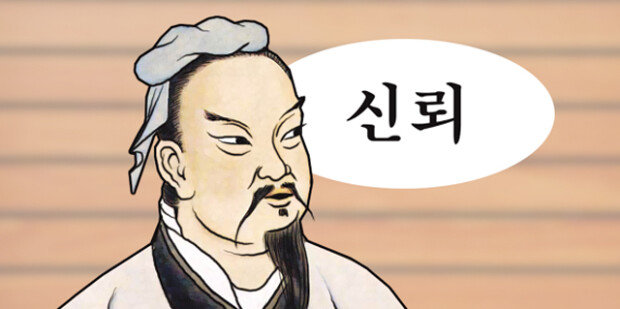The commander that ruins himself
The commander that ruins himself
Posted March. 05, 2019 07:34,
Updated March. 05, 2019 07:34

"Chapter 9: The Army on the March" written by Sun Tzu in the Art of War leaves an implicative lesson on how a commander leads his soldiers. It writes that the worst way to lead troops is to be harsh on them at first and make them feel scared.
There may be some who get this message wrong. They would think that leaders are not supposed to acknowledge their mistakes and get them right, and only an unwavering determination will result in good results even with a wrong beginning.
This way of interpretation is just a grave justification of their own mistakes. Wild and bossy commanders suppress and harass their troops in unfair manner. At first, soldiers look mortified and obedient, which gives confidence to the leaders. However, it is not a sustainable way of leading them. When soldiers' resistance and complaints only grow furiously, leaders may feel taken aback. They will sweet-talk soldiers into calming down. It will only result in further anger and fury of soldiers while leaders’ dignity and authority will harmed to an unrecoverable level.
When threatening words may look effective, leaders mistakenly judge that they are above soldiers. They get it wrong completely. If that is the case, trust has never been instilled in the heart of the soldiers. It is not that they succumb to suppression but that they just let their commander have it his way. If the commander fails to figure out what has gone wrong and regarded his soldiers as a toy to play with, his leadership will only be broken into pieces someday.
In the past, many leaders used to often browbeat their subordinates to have control of people. They earned obedience, instead of trust, while being shackled by self-contradiction not apologizing for their mistakes. If things go wrong, they implement harsher rules, threaten people with more suppressive methods or pretend to be repulsively generous. Sun Tzu defines such a leader as the worst of its kind. The ancient Chinese philosopher tells us that gaining trust has priority not by using deception but by abiding by rules. Such principles and rules are to be applied to people around the commander in order to make his soldiers pay loyalty to him.
Eun-Taek Lee nabi@donga.com
Headline News
- N. Korea launches cyberattacks on S. Korea's defense companies
- Major university hospital professors consider a day off each week
- Italy suffers from fiscal deficits from ‘Super Bonus’ scheme
- Inter Milan secures 20th Serie A title, surpassing AC Milan
- Ruling and opposition prioritize spending amid tax revenue shortfalls







